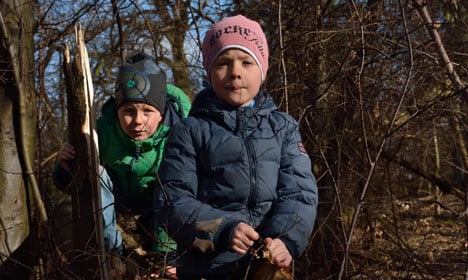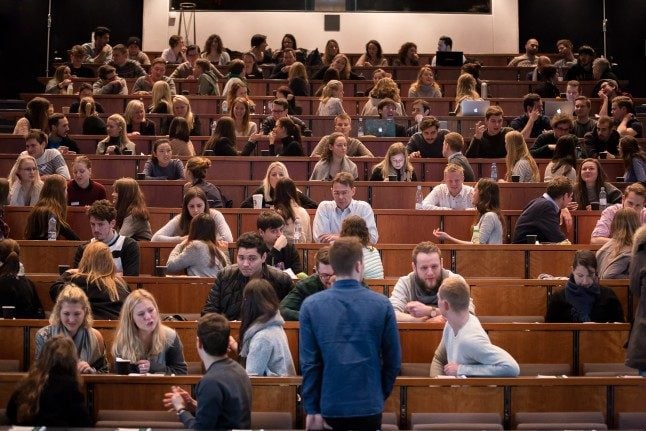RESEARCH
Nordic twins help reveal higher cancer risks
A comprehensive study of twins in Denmark, Norway, Sweden and Finland has led to new revelations about increased cancer risks among siblings.
Published: 6 January 2016 08:14 CET

If one twin gets cancer, the other has a higher risk of getting sick too. Photo: Colourbox
Twins share the same genes, and when one gets cancer, the other faces a higher risk of getting sick too, according to a study published on Tuesday that included 200,000 people.
But just because one twin falls ill does not mean that the other is certain to get the same cancer, or any cancer at all, according the report in the Journal of the American Medical Association (JAMA).
In fact, the amount of increased risk of cancer was just 14 percent higher in identical pairs in which one twin was diagnosed with cancer.
Identical twins develop from the same egg and share the exact same genetic material.
Among fraternal twins, which develop from two eggs and are as genetically similar as typical biological siblings, the risk of cancer in a twin whose co-twin was infected was five percent higher.
The twins in the study hailed from Denmark, Finland, Sweden and Norway — all countries that maintain detailed health registries — and were followed between 1943 and 2010.
When researchers looked at the group as a whole, they found that about one in three individuals developed cancer (32 percent).
Therefore, the risk of cancer in an identical twin whose twin was diagnosed was calculated to be 46 percent.
In fraternal twins it amounted to a 37 percent risk of developing cancer if a co-twin was diagnosed.
The exact same cancer was diagnosed in 38 percent of identical twins and 26 percent of fraternal pairs.
The cancers that were most likely to be shared among twins were skin melanoma (58 percent), prostate (57 percent), non melanoma skin (43 percent), ovary (39 percent), kidney (38 percent), breast (31 percent), uterine cancer (27 percent).
“Because of this study's size and long follow-up, we can now see key genetic effects for many cancers,” said Jacob Hjelmborg, from the University of Southern Denmark and co-lead author of the study.
Researchers said the findings may help patients and doctors understand more about the hereditary risks of cancer, a disease that kills eight million people around the world each year.
Url copied to clipboard!


 Please whitelist us to continue reading.
Please whitelist us to continue reading.
Member comments